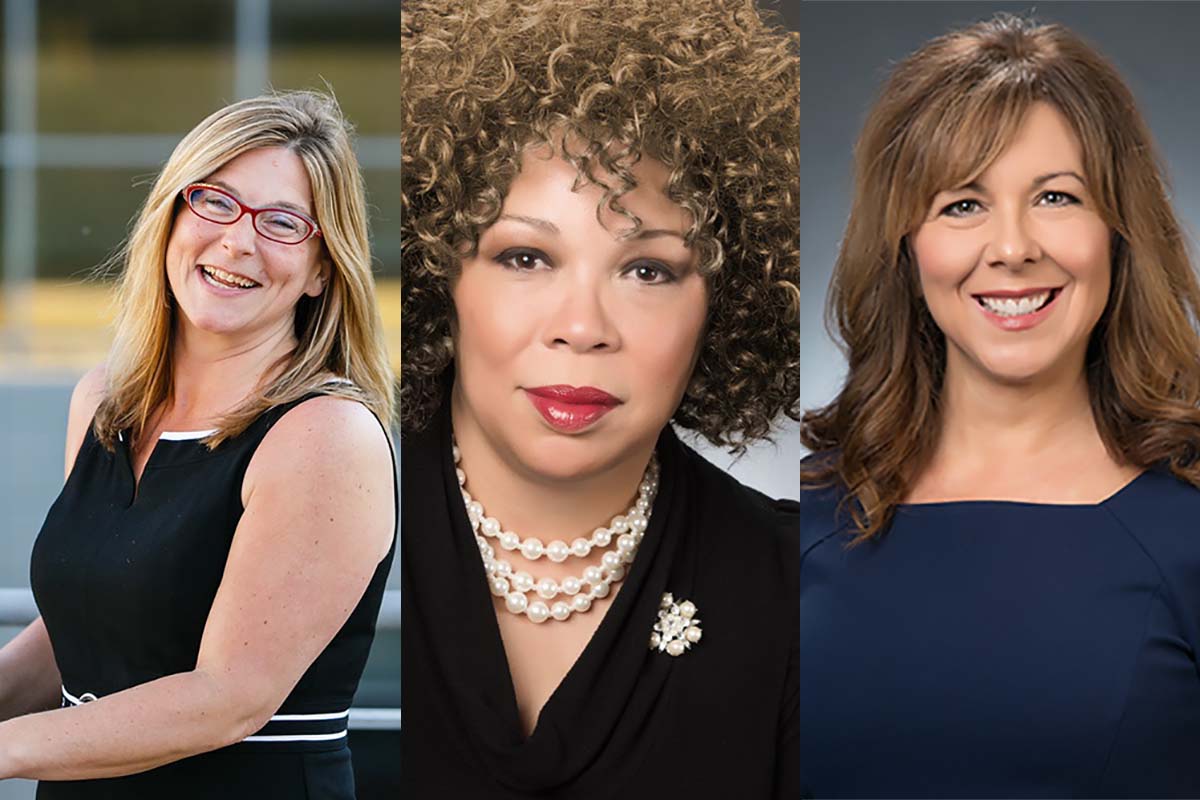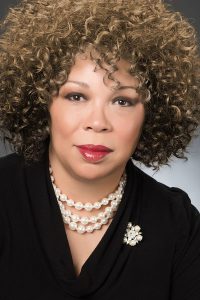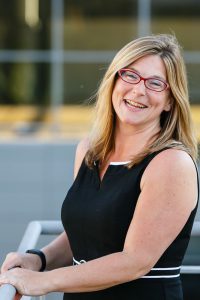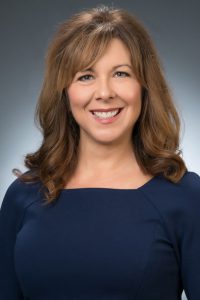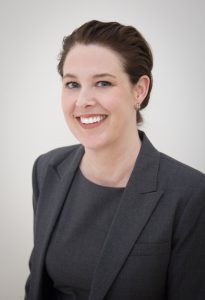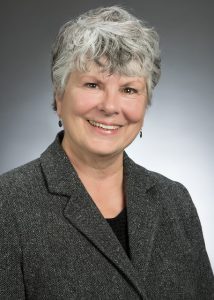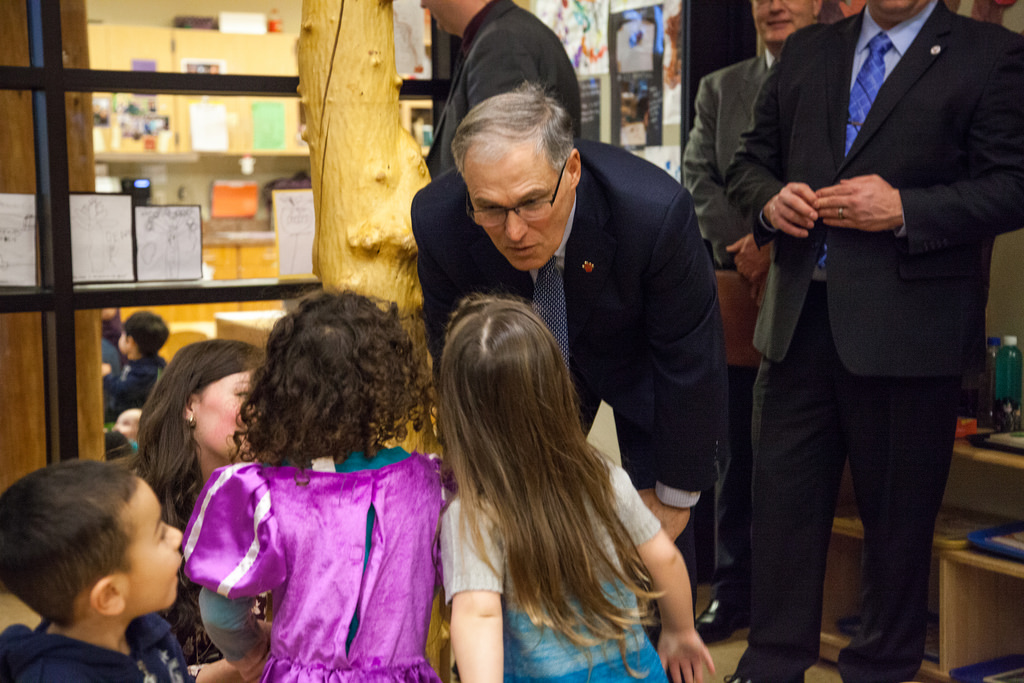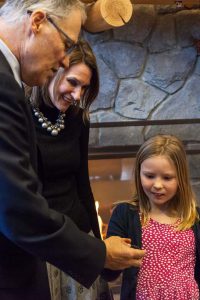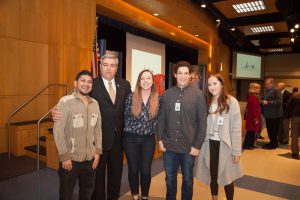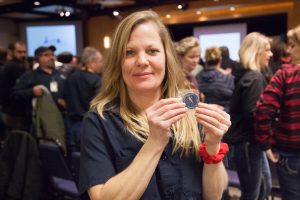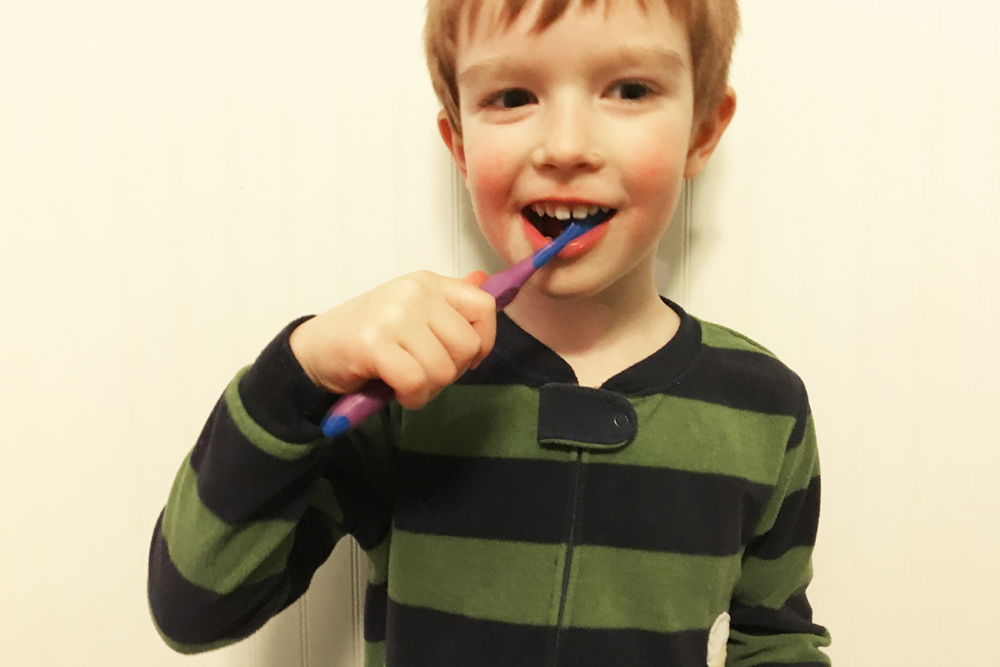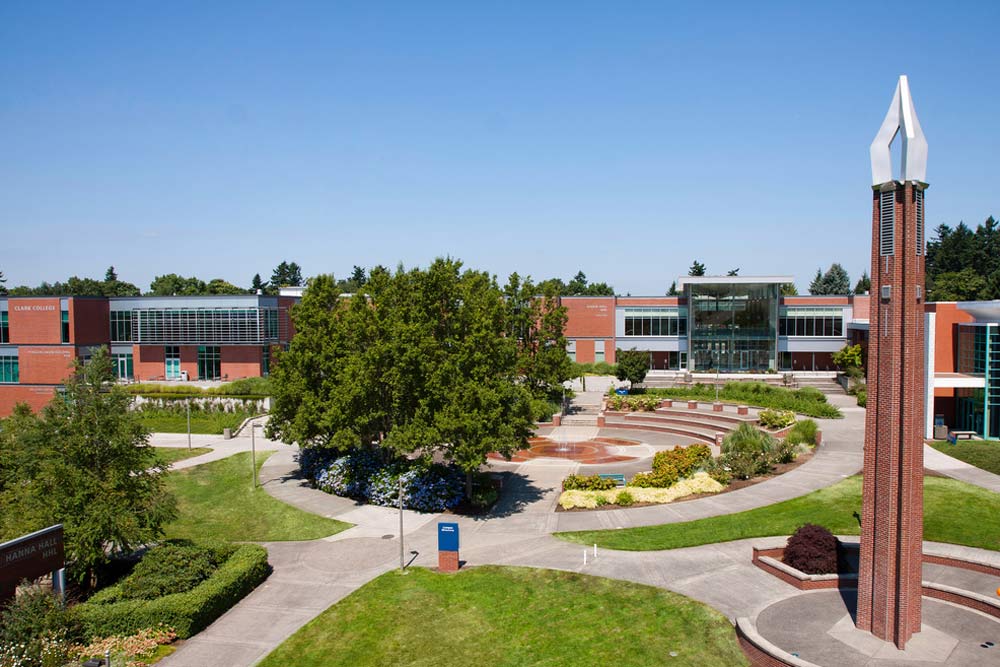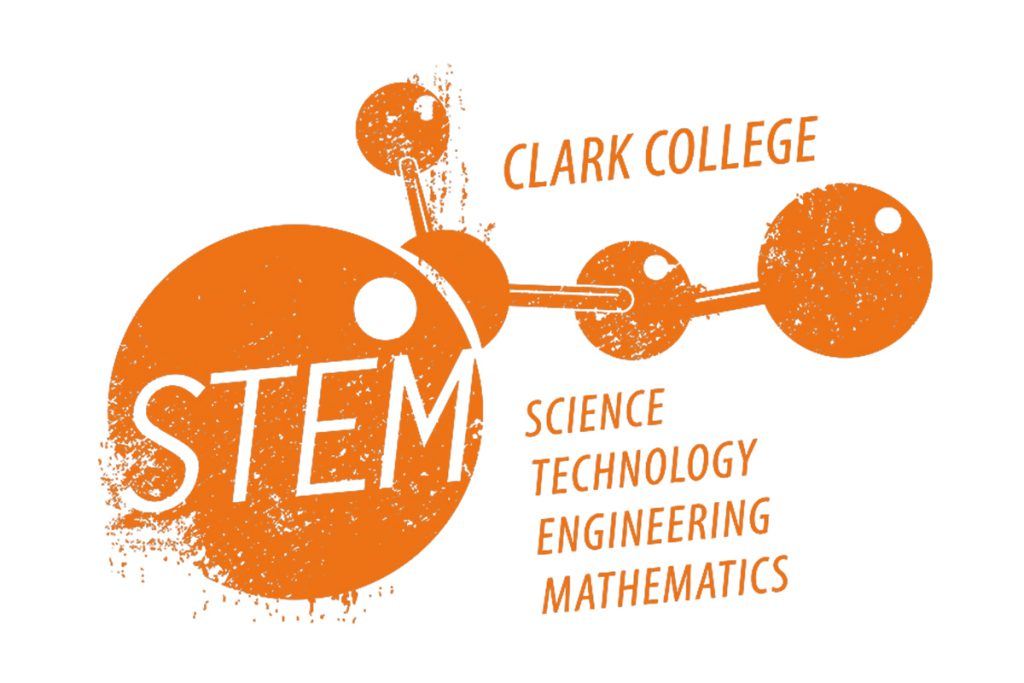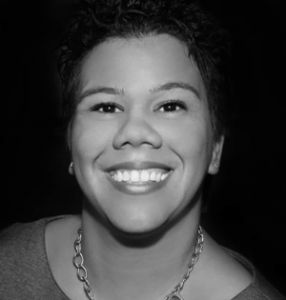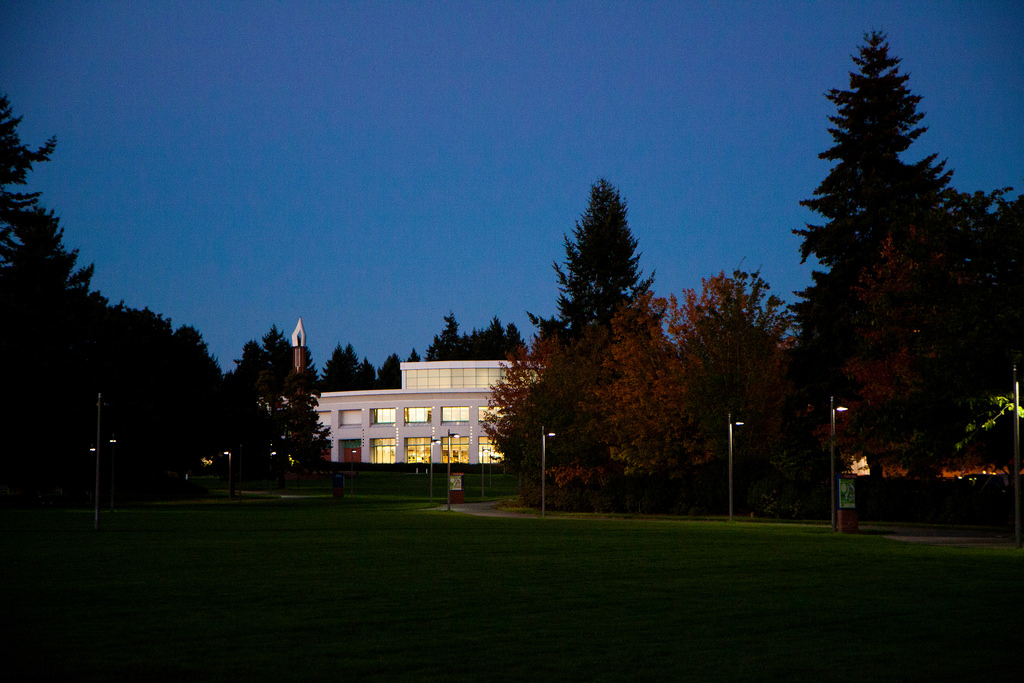Recipients of the 2017 Iris Awards announced
Five women will be honored at the 2017 Iris Awards, honoring women of achievement in Southwest Washington. They will receive the awards at a ceremony held March 8 at Clark College.
Three Iris Awards for exceptional leadership, philanthropy and community service will be presented to Deena Pierott, founder of the nonprofit iUrban Teen and president of Mosaic Blueprint; Temple Lentz, host of the “Hello Vancouver!” talk show and former Parks Foundation executive director; and Jody Campbell, director of community partnerships for The Columbian newspaper.
Dr. Carolyn Long is the recipient of a new award category, sponsored by H-RoC, a non-partisan political action committee dedicated to the advancement of elected and appointed female leaders in Southwest Washington, to honor a woman in the community who has promoted civil discourse, teamwork, collaboration and cooperation. Additionally, the second annual Legacy Award will be presented to Judie Stanton, co-chair of the League of Women Voters of Clark County. Stanton was first honored in 2002 for her service as a county commissioner. The Legacy Award is presented to a former Iris Award or Women of Achievement recipient whose continued leadership remains an enduring inspiration for others.
The event is open to the public and tickets are on sale through the Greater Vancouver Chamber of Commerce at http://www.vancouverusa.com/events/details/2017-iris-awards-reception-13714. The cost is $35 per person. A table sponsorship, which includes eight tickets, can be purchased for $310. Seating is limited.
Clark College is located at 1933 Fort Vancouver Way, Vancouver. Driving directions and parking maps are available at www.clark.edu/maps. Anyone needing accommodation due to a disability in order to fully participate in this event should contact Clark College’s Disability Support Services Office at (360) 992-2314 or (360) 991-0901 (VP), or visit Penguin Union Building room 013, by February 26.
About the Iris Awards
The Iris Awards follow in the tradition of the Southwest Washington Women of Achievement Awards, which began in 1985 at Clark College. In 2012, the event was reintroduced as the Iris Awards, still celebrated on or around International Women’s Day (March 8) and with the same core mission: honoring the lasting and far-reaching contributions of women in Southwest Washington and beyond.
This year’s awards are sponsored by Clark College, the Clark College Foundation, the Vancouver Business Journal, the Greater Vancouver Chamber of Commerce, and H-RoC. The Iris Award winners will be featured in the Vancouver Business Journal’s 2017 “Women in Business” directory, the only Portland/Vancouver metro area directory of businesses that are owned, directed or managed by women.
2017 Iris Award Recipients
Deena Pierott
A passion for inclusion and equal opportunity drives Deena Pierott’s work in both the private and public sectors. As the founder and executive director of iUrban Teen, a nationally recognized program providing career-focused education and mentoring to underrepresented teens, Pierott helps expose science, technology, engineering, arts and math careers to young men of color and aims to create an employment pipeline of diverse talent into technology fields. Since the organization was founded in 2011 in Portland, Oregon, iUrban Teen has served over 4,000 youth and expanded to five states.
Pierott is also the president and CEO of Mosaic Blueprint, a boutique consulting firm located in Vancouver, Washington. The company specializes in recruiting and on-boarding; multi-cultural communications; equity and inclusion training; and event planning. For the past seven years, Pierott has been the chief organizer of the Annual Dr. Martin Luther King Jr. Breakfast at Clark College.
Pierott’s achievements have been widely recognized. In 2013, she was honored by the White House as a Champion of Change for Technology. Her other recognitions include: Washington State African American Achievement Award (2017), AKA Global Impact Award (2016), Ebony Magazine Power 100 List (2013), Business Journal Orchid Award (2013), and MED Week Minority Business of the Year (2010).
Temple Lentz
Community advocate, fundraising and marketing professional, and political consultant Temple Lentz has made a sizable impact on Southwest Washington during her 10 years of residency. As the former executive director of the Parks Foundation of Clark County, an agency that administers donations and gifts for local parks and recreation programs, Lentz was instrumental in facilitating more than $750,000 in grants and donations to support projects throughout Clark County. Showing her interest in good governance, Lentz was elected as a Clark County Freeholder in 2013; in that position, she helped write and pass a new county charter.
Lentz is also a partner and director of content and communications for High Five Media, a political and marketing consulting firm. High Five Media also produces “Hello Vancouver!” a live talk show about Vancouver and Clark County that Lentz conceived and co-created, and which she hosts regularly in Downtown Vancouver. Through the show, she provides an important spotlight for local causes and organizations.
Early in 2017, Lentz joined Cascade Sotheby’s International Realty as business director.
In addition to her professional efforts, Lentz is an active volunteer, having served as board member for Friends of the Columbia River Gorge, Arts of Clark County, Leadership Clark County, and KXRW Radio.
Jody Campbell
Jody Campbell joined The Columbian newspaper at 21 years old. Three decades later, she is now a co-owner, sits on the editorial board, and spearheads The Columbian’s community giving efforts. As the director of community partnerships, Campbell has been instrumental in supporting nonprofit organizations in Southwest Washington through advertising sponsorships and public service announcements. Each year, Campbell manages the advertising portfolios for hundreds of nonprofits that work for diverse causes, including: breast cancer research, hunger and homelessness, affordable housing, social justice, education, and women’s rights. Through community partnerships with The Columbian, nonprofit groups are able to promote their programs and fundraising efforts more effectively.
Campbell is a board member of the Community Foundation for Southwest Washington and the Greater Vancouver Chamber of Commerce and a member of Empower Women + Girls, a giving circle of more than 50 local women that uses member donations to award grants to organizations working towards gender equality. She also co-founded Pink Power, an annual fundraising event that helped build the Kearney Breast Care Center at PeaceHealth Southwest Medical Center in Vancouver, Washington, which provides digital mammography and medical care services for breast cancer.
2017 Iris H-ROC Award: Dr. Carolyn Long
Washington State University Vancouver political science professor Dr. Carolyn Long has an extensive history in the field of civics and promoting civil discourse. She received bachelor’s degrees in political science and in rhetoric and communication from the University of Oregon and a Ph.D. in political science from Rutgers University. Dr. Long’s research interests focus on American institutions, public law, and American public policy, and she was recently named as the Sam Reed Distinguished Professor in Civic Education and Public Civility.
In 2015, Dr. Long helped launch the Initiative for Public Deliberation, a program sponsored by WSUV and the Thom
as S. Foley Institute that brings together students, faculty, and community members with different opinions and perspectives for small-group discussions. Participants learn listening skills, practice facilitating conversations, and enhance understanding of complex policy issues. The ultimate goal of the program is to strengthen democratic government by replacing partisanship with collaborative problem-solving.
In addition to her academic work, Dr. Long is a regular speaker and panelist for local organizations such as the Rotary Club, CREDC Clark County, and H-RoC. Dr. Long’s recent topics of discussion have included local economic forecasting, intergovernmental relations, and an examination of incivility in the 2016 elections.
2017 Iris Legacy Award: Judie Stanton
Judie Stanton is the co-chair of the League of Women Voters (LWV) of Clark County. Formed in 1920, LWV is a non-partisan civic organization that encourages active participation of all citizens in government and influences public policy through education and advocacy. As co-chair, Stanton runs board meetings, provides direction and oversight, and represents Clark County at the local, state, and national levels within the organization. Stanton was instrumental in leading discussions for a Washington state study on climate change and supporting the national LWV “Get Out the Vote” initiative. She is recognized within the Clark County community for providing consistent, thoughtful, and balanced leadership.
Stanton also serves as a member of the state of Washington’s Commission on Judicial Conduct (CJC), an appointment she was granted by Governor Jay Inslee in 2014. The CJC oversees the process of all complaints and discipline of judicial officers in the state of Washington.
Stanton received a Women in Achievement award in 2002 for her leadership and commitment to community involvement as a Clark County Commissioner. Through her ongoing contributions to the region, Stanton continues make an invaluable impact on Southwest Washington.
